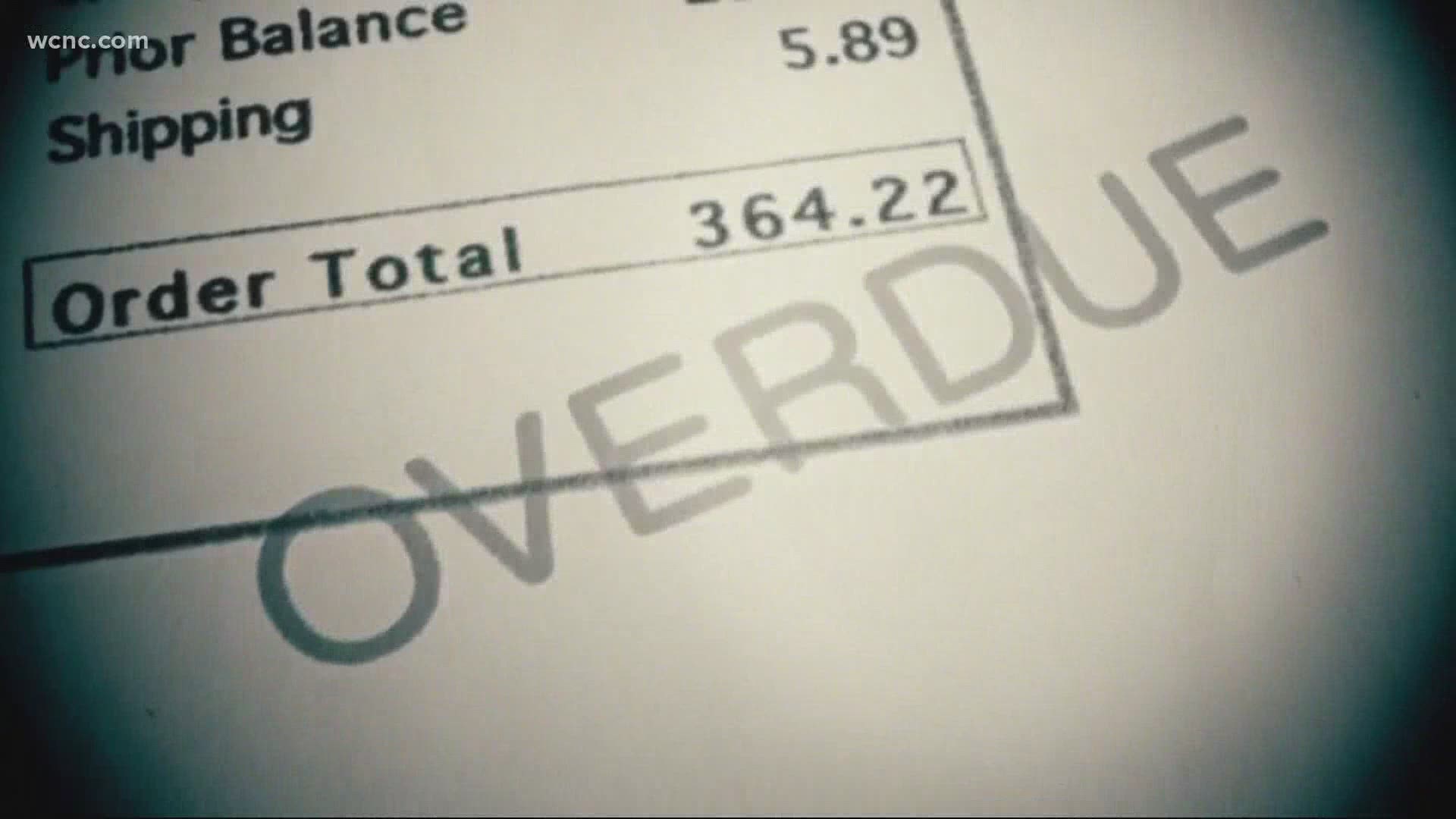CHARLOTTE, N.C. — Starting Friday, landlords will not be able to evict renters who can’t pay the bills due to the pandemic.
The new CDC moratorium expected to save thousands from homelessness, but could cause issues for property owners.
With millions of job losses reported since the start of the pandemic, unpaid bills and evictions were an inevitable consequence.
Federal and state eviction freezes came, then expired.
Now the CDC has issued a new eviction moratorium that lasts through the end of the year.
“It does seem like an extraordinary move by the federal government. And you know, I have not seen anything like this before in my legal career," said Issac Sturgill, Housing Attorney with Legal Aid North Carolina during a Facebook live Q&A.
Sturgill is helping get the word out that the protection is not automatic.
Renters need to fill out this sworn legal document and submit it to their landlord.
“Whatever way the tenant wants to get that affidavit to the landlord, that's the important part," Sturgill said.
The announcement lists off several factors that must apply to renters for them to be eligible.
They include:
- The individual has used best efforts to obtain all available government assistance for rent or housing;
- The individual either (i) expects to earn no more than $99,000 in annual income for Calendar Year 2020 (or no more than $198,000 if filing a joint tax return),6 (ii) was not required to report any income in 2019 to the U.S. Internal Revenue Service, or (iii) received an Economic Impact Payment (stimulus check) pursuant to Section 2201 of the CARES Act;
- The individual is unable to pay the full rent or make a full housing payment due to substantial loss of household income, loss of compensable hours of work or wages, a lay-off, or extraordinary out-of-pocket medical expenses;
- the individual is using best efforts to make timely partial payments that are as close to the full payment as the individual’s circumstances may permit, taking into account other nondiscretionary expenses; and
- eviction would likely render the individual homeless— or force the individual to move into and live in close quarters in a new congregate or shared living setting— because the individual has no other available housing options.
But landlords said the order leaves them in the dust, unable to pay their own bills.
“You’re telling us we can not evict, lord knows I don’t want to," Charlotte landlord Crystal Jeeter said. "What is our recourse for getting our money back?”
Many housing experts predict that without federal or state funds to help renters actually pay, the CDC's moratorium could cause a long term crisis.
“It doesn't do any good simply to tell one part of the economy you can no longer expect to get paid," said Frank Knapp with the SC Small Business Chamber of Commerce. "The federal government needs to step up...Put more money in the hands of the unemployed, so they can pay the rent! So we can avoid this whole sequence of a domino effect."
It is important to note the moratorium does not forgive rent. It is intended only to give renters more time to pay.

